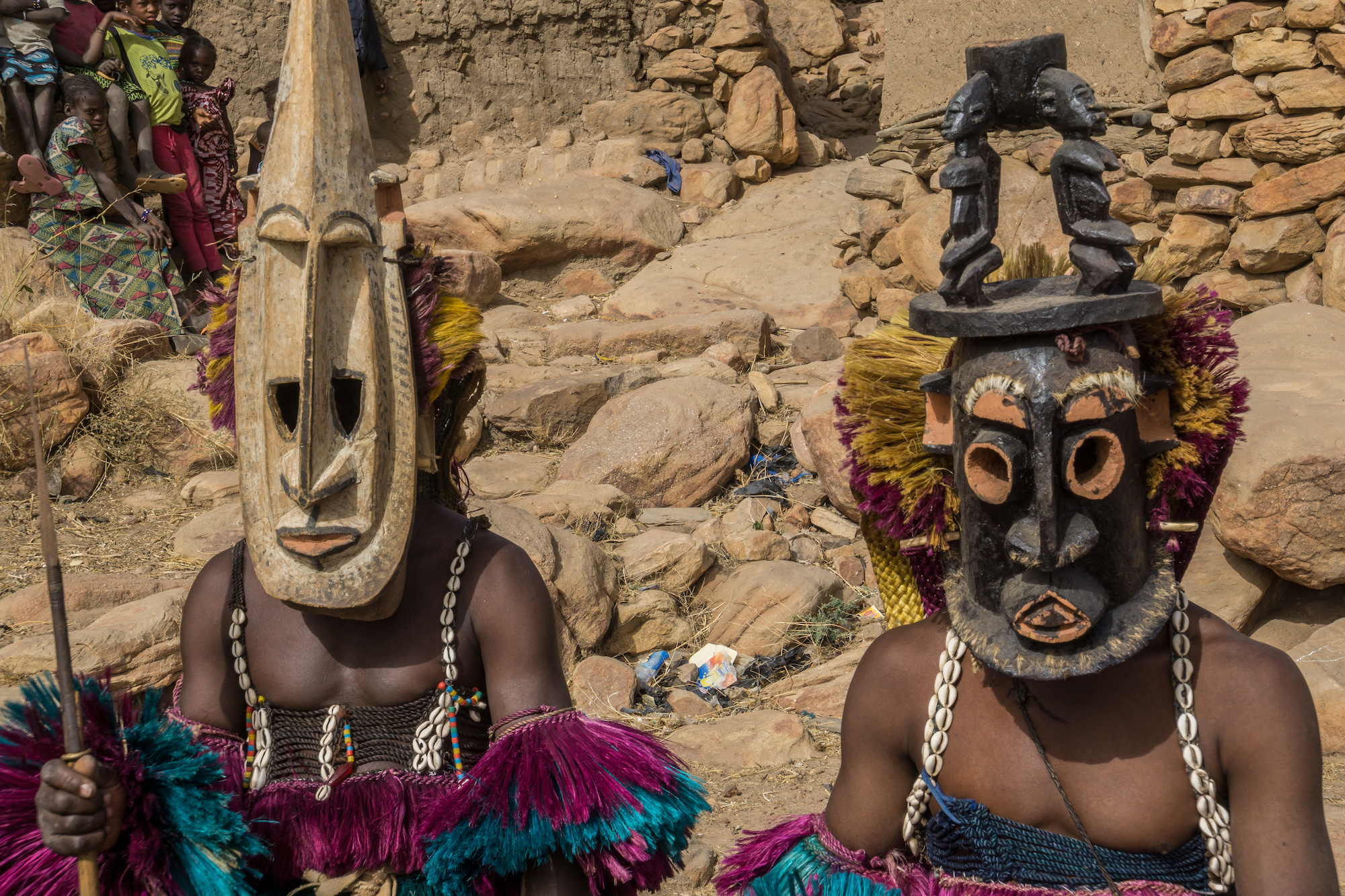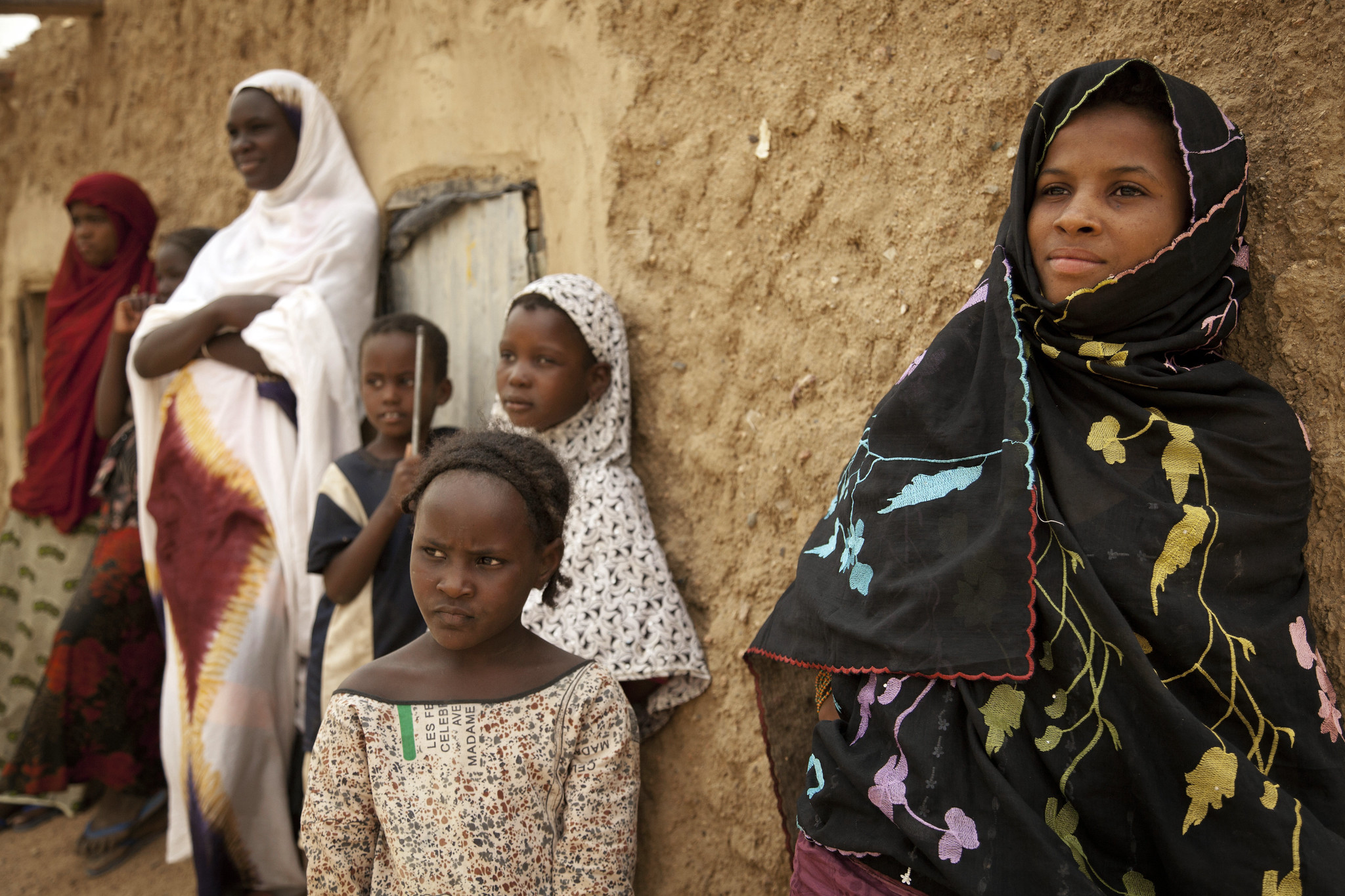
Enriched with cultural diversity and historical grandeur, Mali is a West African nation that intrigues and inspires. With a rich heritage stretching back to the ancient empires of yore, Mali offers an abundance of fascinating insights. From its musical traditions to its architectural wonders, let us explore 19 fun facts about Mali that demonstrate the nation’s uniqueness.
Home of Ancient Empires
Mali was the seat of several ancient African empires, including the Ghana Empire, Mali Empire, and Songhai Empire, which were significant centers of trade, education, and culture during their respective reigns.
Geographical Diversity
Though often associated with the Sahara Desert, Mali’s geography is diverse, ranging from the arid desert in the north to the fertile plains and savannas in the south.
Landlocked Nation
Mali is a landlocked country, meaning it has no coastline or access to the sea. It is the eighth-largest country in Africa and covers a territory larger than France and Germany combined.
Language Melting Pot
While French is the official language, Mali is truly a linguistic melting pot. Over 40 African languages are spoken within its borders, with Bambara being the most commonly spoken.
Fabled Timbuktu
Timbuktu, a city in Mali, was a significant intellectual and spiritual capital in the 15th and 16th centuries and an important center of the trans-Saharan trade.
Malian Music
Mali is renowned for its rich musical heritage, with famous artists like Salif Keita and Ali Farka Touré. The traditional music and dance form, ‘Kora,’ is central to Malian culture.

Cotton and Gold
Mali is Africa’s third-largest gold producer and also a significant cotton grower. These two commodities greatly contribute to the nation’s economy.
Mud Architecture
Mali is home to the Great Mosque of Djenné, the largest mud-brick building in the world. This architectural marvel has been a UNESCO World Heritage Site since 1988.
Festival au Desert
Mali once hosted the “Festival au Desert,” an annual concert near Timbuktu attracting musicians and visitors from around the world. However, the festival has been suspended due to security concerns in recent years.
Diverse Ethnic Groups
Mali is home to several ethnic groups, each with its unique traditions and languages. The largest of these groups is the Bambara, constituting about a third of the population.
River Niger
The Niger River, West Africa’s longest river, plays a crucial role in Mali’s economy, serving as a means of transportation, a water source for irrigation, and a fishing resource.
Population
As of the latest estimates, Mali has a population of approximately 20 million people. The country, however, struggles with a high infant mortality rate and a low average life expectancy.

Fauna and Flora
Despite its arid conditions, Mali is home to a variety of fauna and flora. The country’s national parks, such as Boucle du Baoulé National Park, harbor elephants, buffalos, and various bird species.
Malian Cuisine
Malian cuisine, characterized by its heavy usage of millet and rice, is often served with sauces made from leaves, such as spinach or baobab, and accompanied by chicken or mutton.
Colonial History
Mali was a French colony from the late 19th century until it achieved independence in 1960. The impact of French colonial rule is still evident in the country’s official language and legal system.
Astronomy in Mali
The Dogon people of Mali have long been recognized for their astronomical knowledge. They were aware of Sirius B, a white dwarf star invisible to the naked eye, centuries before Western scientists.
Traditional Attire
Bògòlanfini, or mud cloth, is a traditional Malian fabric dyed with fermented mud. It has an essential place in traditional Malian culture and has become a symbol of Malian cultural identity.
Griots
In Malian society, ‘griots’ are traditional storytellers and musicians who pass down history and traditions orally from generation to generation. They play an integral role in keeping the rich history of Mali alive.
Climate Challenges
Mali’s climate varies from semi-arid to arid. The country faces environmental challenges like deforestation, soil erosion, and desertification, which are exacerbated by climate change.
Conclusion
From the captivating rhythm of Malian music to the echoes of its ancient empires, Mali truly is a treasure trove of cultural and historical wonders. These fascinating facts only scratch the surface of what Mali has to offer, but they undeniably portray a vibrant picture of this unique West African gem.
Was this page helpful?
Our commitment to delivering trustworthy and engaging content is at the heart of what we do. Each fact on our site is contributed by real users like you, bringing a wealth of diverse insights and information. To ensure the highest standards of accuracy and reliability, our dedicated editors meticulously review each submission. This process guarantees that the facts we share are not only fascinating but also credible. Trust in our commitment to quality and authenticity as you explore and learn with us.
